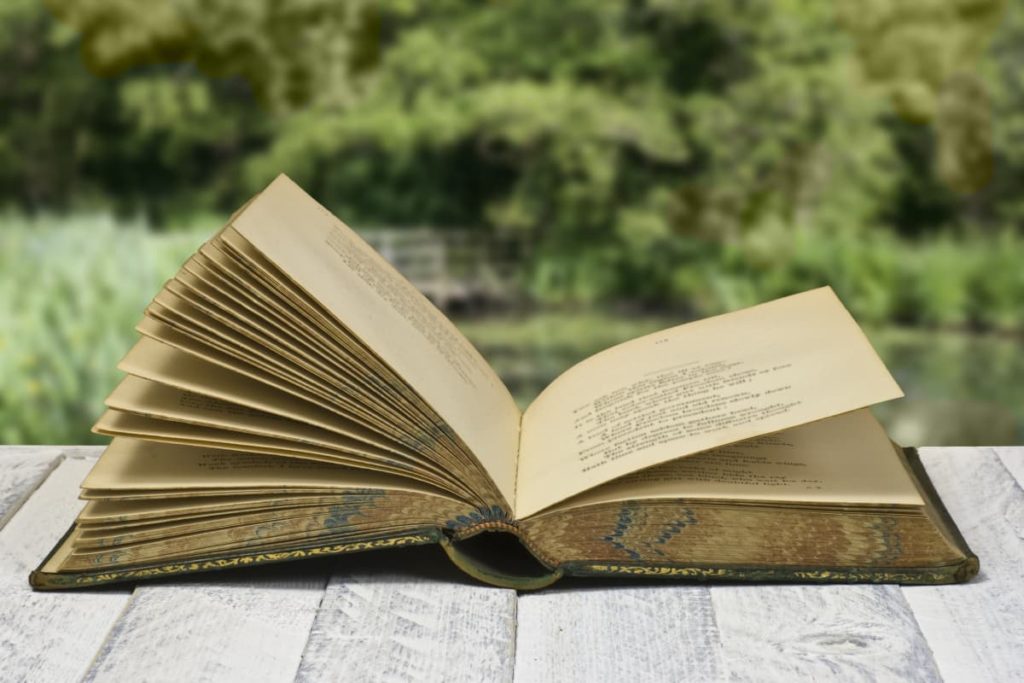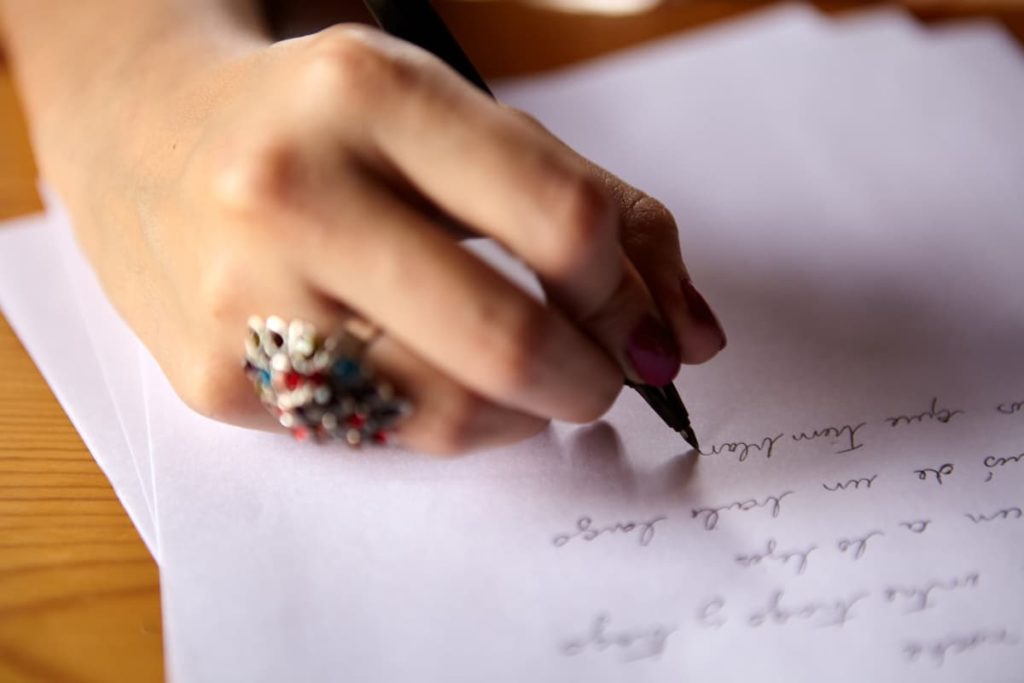Poetry, an ancient form of creative expression, allows writers to rhythmically convey thoughts, ideas, and feelings. Often, they elicit an emotional response from readers and listeners. People all over the world admire poetry and strive to become a poet, but many stop short due to the belief that poetic ability is innate and cannot be learned, but is that true?
Poetry is a natural talent and a skill that people can learn. Some seem to have a natural affinity and ability for writing poetry, whereas others require years of study to create impactful works. With imagination, emotion, and creativity, anyone can become a poet.
This article discusses poetry and whether it’s an innate ability or acquired talent. It touches on the teachings of poetry and why feeling is so important in poetry. Read on to learn more.

Is Poetry an Acquired Skill or Innate Ability?
Poetry can be an acquired skill or innate talent. With formal education, almost anyone can arrange words, ideas, and emotions into poetry. However, some people are more naturally able to produce moving poetic works of art by effortlessly expressing themselves, even with no formal training.
Overall, most people seem to have an unconscious connection to poetry.
A research article published on Frontiers in Psychology notes that most humans show an appreciation for poetic works. The article implies that our brains are essentially hardwired to recognize poetic harmony without any experience or formal training.
Therefore, it’s safe to say that anyone can become a poet.
Poetic Ability Is Within Everyone
We all begin our lives as creators. As children, we spend the majority of our days exploring and imagining. We use creativity to color, draw, make music, and invent new, exciting games. We play with shapes, colors, sounds, and language.
These abilities remain within all of us, and with the reactivation of this artistic instinct that we all possess, creativity is born.
Everyone possesses an imagination. Anyone who gives free rein to that imagination opens the door to creative expression. Painters, sculptors, musicians, and poets are all creators that utilize the power of imagination to bring something new and profound into the world.
That is the poetic ability — to wonder, imagine, think, feel, and ultimately create. Some people have to work harder to develop that artistic ability, but it’s there.
Can Poetic Ability Be Taught?
Poetic ability can be taught. Both formally educated poets and those seemingly born with poetic talent can create powerful poetry using imagination, emotion, figurative language, and literary techniques. The most important part of poetry, however, is passion.

Think of poetry as music. Some people are involved in formal musical education from the moment they’re born. They learned to read sheet music, play instruments, memorize melodies, sing in tune, and synchronize. Music was taught to them for decades.
Then again, some people just pick up an instrument and seem naturally proficient at playing.
They have an incredible intuitive ability to notice off-key notes, memorize melodies, sing in tune, and synchronize with groups without any formal training and never having looked at sheet music. They can play just as well as someone taught for decades.
It’s much the same with poetry.
There are those who have a seemingly natural ability to orate, flow, and write rhythmically. They are often told they “have a way with words.” Despite not having any formal training, they’re able to write poetry that rhythmically articulates their emotions and ideas, and they do it in such a way that it elicits an emotional response from the reader or listener.
On the other hand, there are those who’ve spent years reading and analyzing classic poetry and literature. They formally studied the written word in universities and in their free time. They, too, can create poetry with ease and persuade readers to feel specific emotions.
All-in-all, poetry can be taught, and both naturally talented and taught poets can produce quality poetry.
However, it should be noted that the art of poetry is much more complex than rhyming words. It utilizes rhythm, flow, and all forms of figurative language, including idioms, similes, and metaphors. Poetry also implements many literary techniques, such as alliteration, onomatopoeia, and assonance.
In addition, it requires vibrant imagery and emotion.
Why Feeling Is Important In Poetry
Organizing thoughts into a flowing, rhythmic work of poetry is only one part of the art. Perhaps the most important aspect of poetry is passion and feeling. In fact, those with a sensitivity to feelings may show a natural talent for poetry.
Feeling is important in poetry because feeling comes from the heart. Poetry and emotion go hand-in-hand.
Writing poetry that elicits an emotional response requires a sensitivity to the ups, downs, twists, turns, and wildcards that life throws our way. Poetry without feeling almost always lacks substance.
Truly valuing a thing, experience, person, or place doesn’t require understanding alone. It requires feeling too.
For example, think about thunderstorms. While you may not fully understand how storms form, you recognize how they make you feel. You can write emotional words about thunderstorms without understanding the science behind them.
For example:
- The sky heaves as thunder rumbles, and the vibrations rattle in your chest.
- You gasp in awe as lightning bolts illuminate a golden path to the heavens.
- Gratitude fills your soul as raindrops caress the dry, withered grass.
Feeling goes beyond just the physical.
It’s the feeling of anticipation before a goodnight kiss or the sense of mystery when you spend hours with a friend discussing the meaning of life. By becoming more in tune with these feelings, you can better translate them into the written word to invoke that emotional response in readers of your poetry.
Conclusion
Feelers tend to have a better grasp of poetic works and seem to have a natural talent for writing poetry, but that doesn’t mean you can’t become a poet. Anyone with imagination and a knack for writing can create quality poetry that elicits an emotional response.
While it may take longer to learn than someone seemingly born with the ability, it’s not impossible.
By becoming more in tune with your feelings about the world around you, opening yourself up to imaginative possibilities, and having a true passion for poetry, you can become a poet before you know it.

